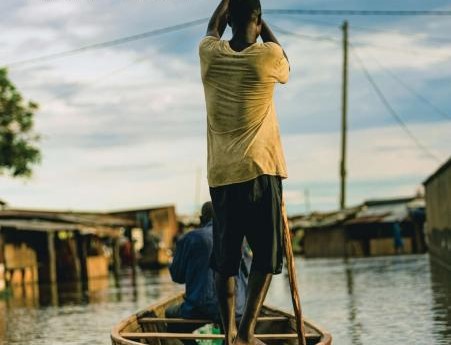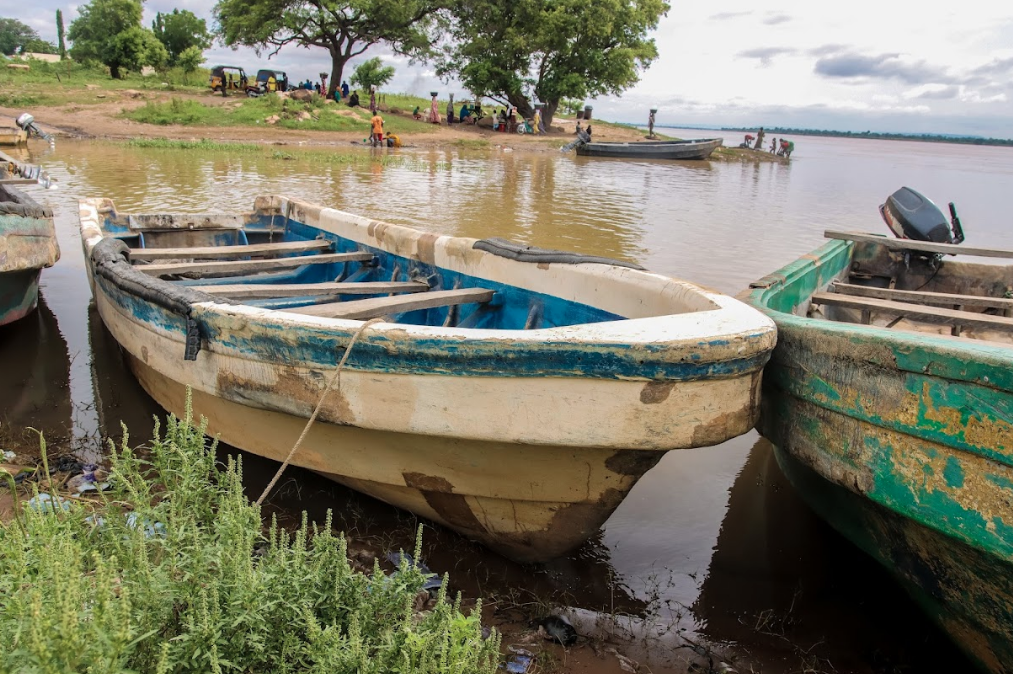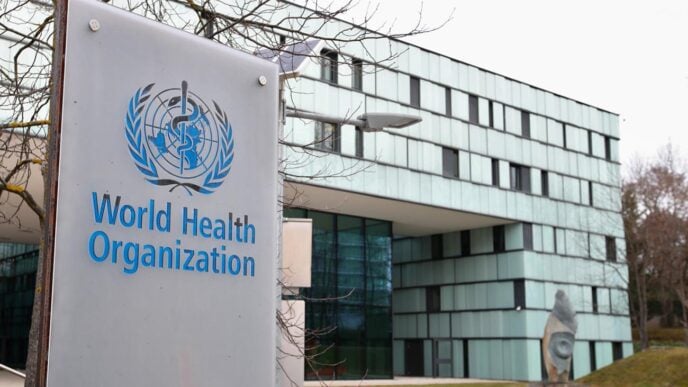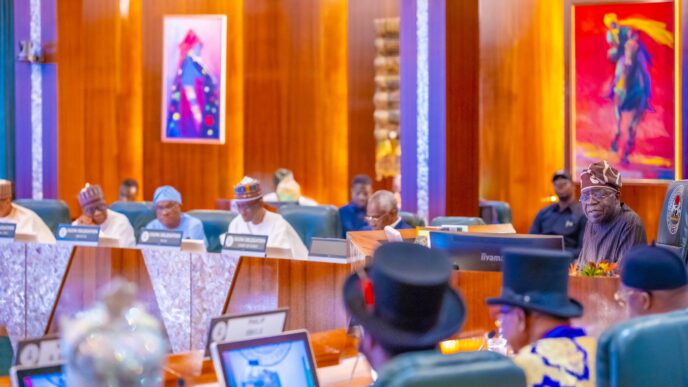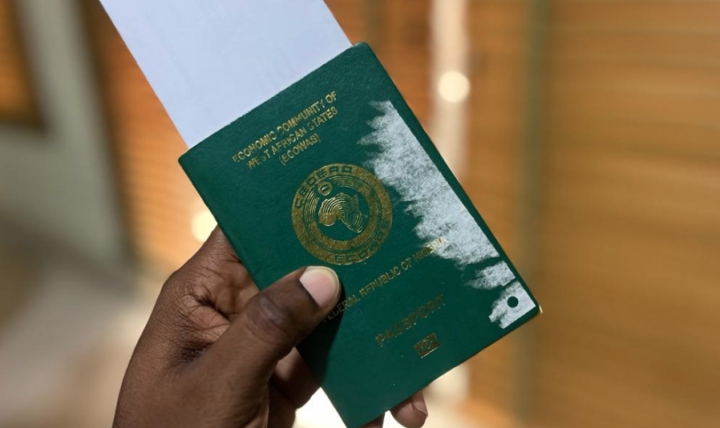A new report says Nigeria receives an average of four percent ($704 million) of the $17.7 billion required annually to address climate-related disasters.
The report, ‘The state of climate finance in Nigeria,’ jointly published by Connected Development (CODE), Oxfam Nigeria, and INKA Consult, was released on Sunday.
The report revealed critical gaps in Nigeria’s climate finance and the implications of debt-heavy funding.
It said between 2015 and 2021, the country received $4.9 billion for 828 climate-related projects, which was “far from sufficient for Nigeria to fulfil its ambitious climate goals”.
Advertisement
The major donors of the funds included the World Bank, France, the European Union (EU), the European Investment Bank, and the African Development Bank (AfDB).
Others are the Green Climate Fund, the United States, the United Kingdom (UK), and Germany.
The report revealed that within the period, 75 percent of climate funding came in the form of concessional loans, thereby increasing Nigeria’s debt burden.
Advertisement
It said many Nigerians live in high-risk areas where climate impacts—such as erosion, drought, and rising temperatures—are becoming increasingly severe.
The report said without proper mapping and tracking of climate budgets, it would be challenging to assess how much of the funds or projects will benefit vulnerable communities.
“The top sectors funded by the climate finance provided to Nigeria were agriculture, forestry, and other land uses (AFOLU); energy; water and sanitation; education; and financial services,” the report reads.
“Nigeria’s international climate finance was $2.5 billion (52%) for adaptation, $2.09 billion (43%) for mitigation, and $282 million (6%) for cross-cutting projects.
Advertisement
“In the $4.928 billion provided as international climate finance for Nigeria, $3.7 billion (75%) were committed as concessional loans, while a significantly low proportion of $580 million (12%) were offered as concessional grants. The non-concessional component of Nigeria’s climate finance was $597 million (12%).
“With Nigeria’s climate finance landscape dominated by international funding, public finance for ambitious nationally determined contributions (NDCs) is constrained by interest rate risks and debt repayments. This can put further strain on public debt, impacting spending in other key sectors.
“To combat the growing climate crisis, the government estimated the cost for adaptation and resilience puts required funding at a minimum of $120 billion up till 2030, with the cost of inaction reaching over 30 percent of Nigeria’s GDP by 2050.”
The organisations advocated for greater private investment in green bonds and the development and deployment of technologies aimed at improving climate resilience.
Advertisement
They called for immediate reforms to Nigeria’s climate finance strategy, including increased grant allocations for climate action, the creation of a climate finance hub, and the empowerment of local governments.
John Makina, Oxfam country director in Nigeria, said without adequate and sustainable climate finance, Nigeria risks missing its climate targets and putting millions of lives at risk.
Advertisement
“This report serves as a clarion call to both national and international stakeholders to prioritise climate justice and debt relief for Nigeria, ensuring that funding translates to tangible and long-term climate solutions on the ground,” Makina added.
Augustine Okere, the lead researcher at CODE, said local communities must be empowered to manage their climate resilience.
Advertisement
“With greater transparency and targeted funding, communities on the front lines of climate change can build sustainable resilience. Without this, Nigeria risks a downward spiral of climate-induced poverty and displacement,” Okere said.
Advertisement
Add a comment
